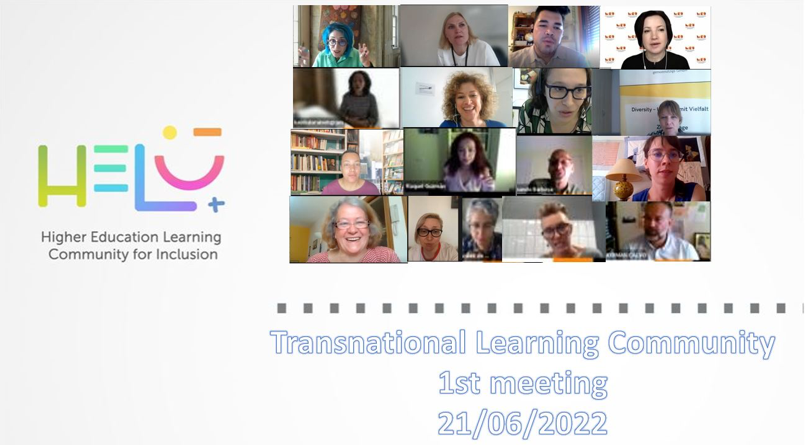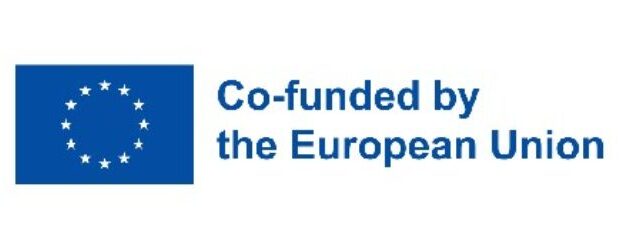On 21/06/2022 the first meeting of the Transnational Learning Community was held, with the participation of 19 people including human rights activists, researchers from different universities (University of Salamanca, University of Vienna, Mykolas Romeris University, Complutense University of Madrid, University of Singapore) and representatives of NGO House of Diversity and Education, Zara Training, Black Voices Volksbegehren, Kaunas’ County Women Crisis Centre and La Merced Migraciones.
In this meeting, the objectives of the community in relation to the project were established, the working methodology of the TLC, aspects linked to the methodological guide were discussed and different working commissions were proposed.

